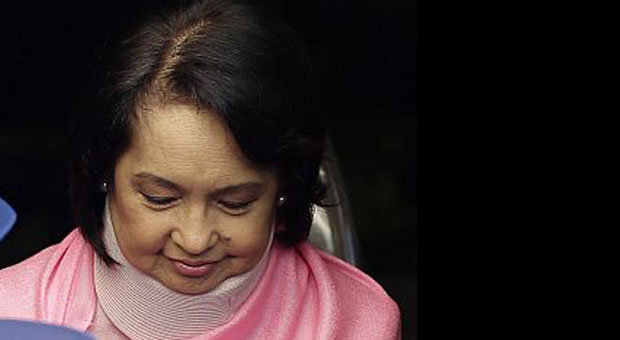The Supreme Court (SC) extended up to June 20, 2016 its order stopping the Sandiganbayan from proceeding with the plunder trial of former President and now Pampanga Representative Gloria Macapagal-Arroyo in connection with the alleged misuse of P366-million in funds of the Philippine Charity Sweepstakes Office (PCSO) from 2008 to 2010.
In a resolution released Wednesday, the high court granted the request for extension filed by Arroyo’s counsel.
“The status quo ante order (SQAO) under Resolution of March 8, 2016 is extended until June 20, 2016, unless sooner revoked by the Court,” the high court said.
This is the third extension issued by the high court that stopped the Sandiganbayan trial.
On October last year, the high court issued a 30-day SQAO. After its lapse last November, the high court then extended it for 90 days that lapsed last Feb. 20. Then, from Feb. 20, 2016, it was extended up to April 20, 2016 and eventually to June 20.
READ: SC stops Gloria Arroyo’s plunder trial for 30 days
The high court issued the SQAO after Arroyo filed a 115-page petition asking the high court to reverse the final ruling of the Sandiganbayan First Division last February denying her bail in the PCSO case.
Arroyo is detained at the Veterans’ Memorial Medical Center plunder over the alleged misuse of P366 million in intelligence funds for the PCSO from 2008 to 2010 for personal gain.
Arroyo went to the high court after the Sandiganbayan denied her bid to post bail.
In her petition, Arroyo cited her deteriorating health in asking the high court to reverse the rulings of the Sandiganbayan.
READ: Arroyo asks SC to reverse Sandigan rulings denying her bail bid
Arroyo said the high court had ruled in many cases that detainees are entitled to bail “if their continuous confinement during the pendency of their case would be injurious to their health or endanger their life.”
The petitioner invoked the case of De La Rama, where the high court ruled that hospital arrest “fell short of meeting or accomplishing the humanitarian purpose or reason underlying the doctrine adopted by modern trend of courts’ decisions which permit bail to prisoners, irrespective of the nature and merits of the charge against them, if their continuous confinement during the pendency of their case would be injurious to their health or endanger their life.” RAM
